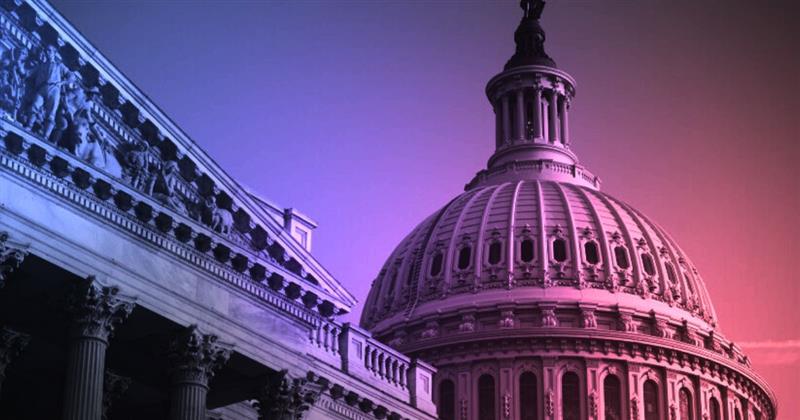Here are the key takeaways from Wisconsin voters on the upcoming elections according to the Independent Center's most recent poll.
The Big Picture
At the Independent Center, we polled 500 registered voters in Wisconsin to understand their views heading into the 2024 elections. Our survey explored voter sentiment on the presidential and Senate races, approval ratings of Congress, and whether Wisconsin residents feel their voices are being heard. View the full survey toplines here.
Zooming In
Wisconsin Senate Race Results

We asked Wisconsin voters, “If the Senate election were held today, how would you vote if your options were Democrat Tammy Baldwin or Republican Eric Hovde?”
- Baldwin: 50%
- Hovde: 41%
- Undecided: 9%
Baldwin holds a 9-point lead, but with 9% undecided voters, the race remains competitive.
Wisconsin Voters Lean Toward Harris

When asked, “If the Presidential election were held today, how would you vote if your options were Republican Donald Trump and Democrat Kamala Harris?” respondents leaned toward Harris:
- Harris: 51%
- Trump: 42%
- Undecided: 7%
With 7% undecided voters, the race could still shift.
Wisconsin Voters Strongly Dissatisfied With Congress

Wisconsin voters overwhelmingly disapprove of Congress's performance:
- 68% disapprove
- 26% approve
Frustration with congressional inaction spans across party lines.
The Data is Clear – Wisconsin Voters Want Centrist Politicians

When asked about their preferred congressional candidates, Wisconsin voters strongly favored bipartisanship:
- Candidate who works with both parties: 53%
- Democrat-aligned candidate: 23%
- Republican-aligned candidate: 18%
These results suggest that Wisconsin voters value compromise and reject political extremism.
Do Wisconsin Voters Believe Their Voice is Being Heard?

Wisconsin voters expressed significant discontent with their representation in Washington:
- Only 18% feel heard
- 53% believe their opinions are ignored
This aligns with the preference for bipartisan candidates and suggests a demand for more responsive leadership.
Independent Lens
Wisconsin voters want candidates who focus on real issues, not just party agendas. Their strong preference for bipartisanship and frustration with Congress highlights the growing demand for practical governance.
As the 2024 election nears, independent voters will be looking for leaders who listen and take action. Candidates who embrace centrist policies may have the best chance to win over undecided voters.
Get the full toplines from the Independent Center’s Wisconsin Swing State Survey and join the movement to stay informed.



.jpg)

